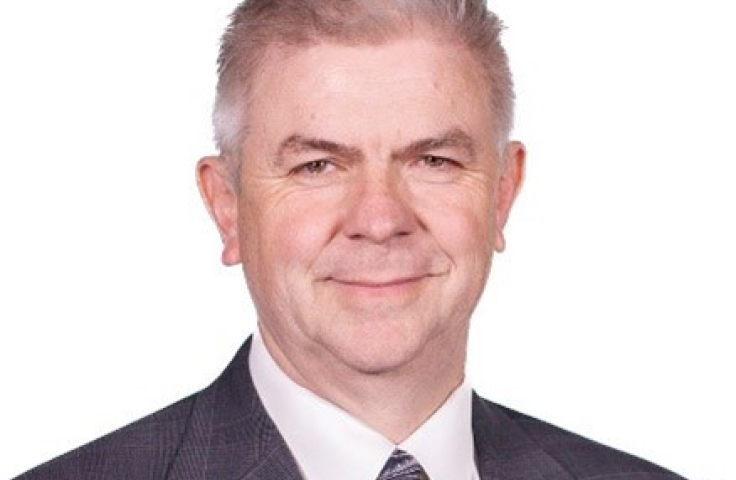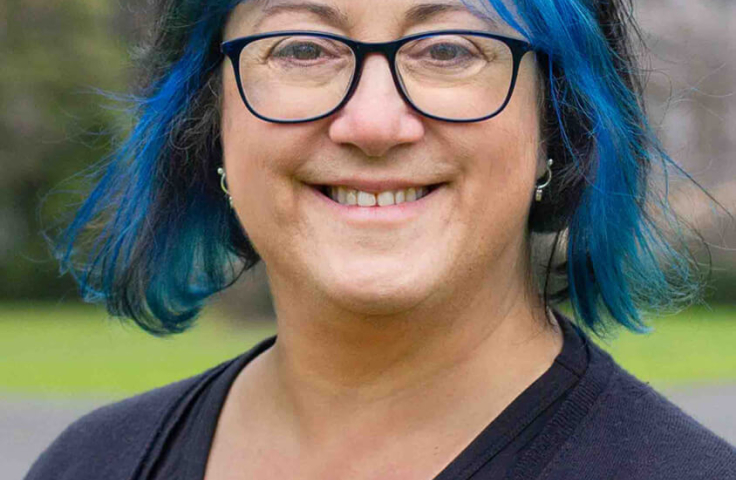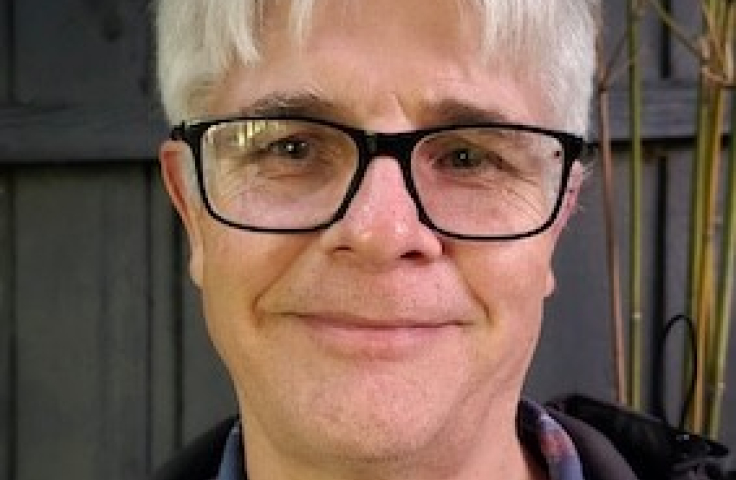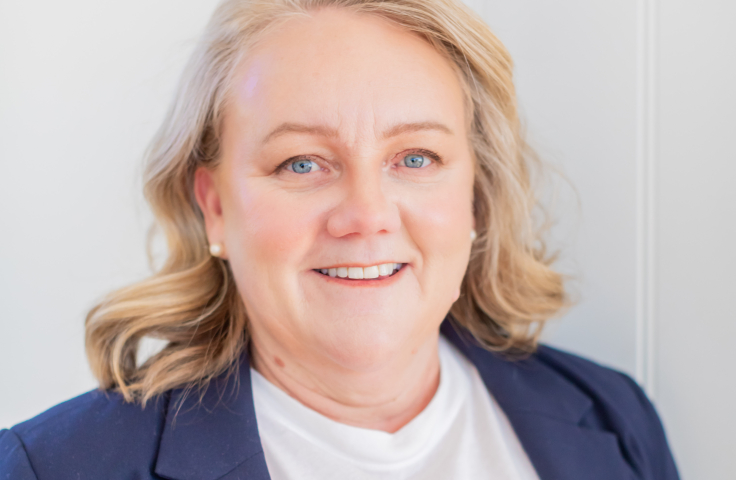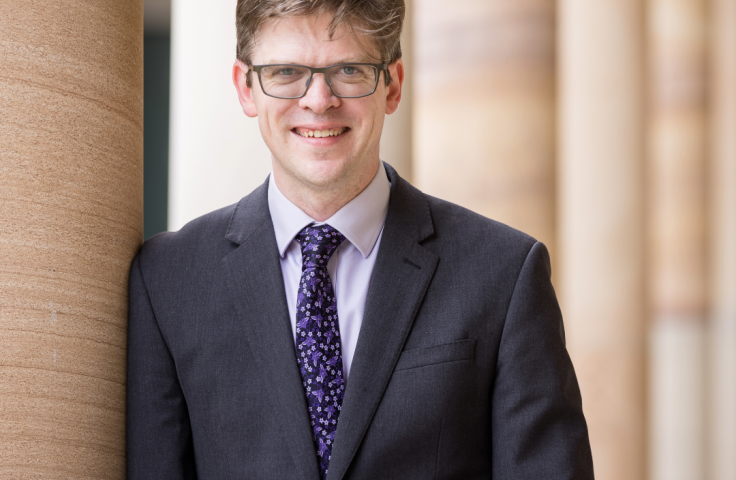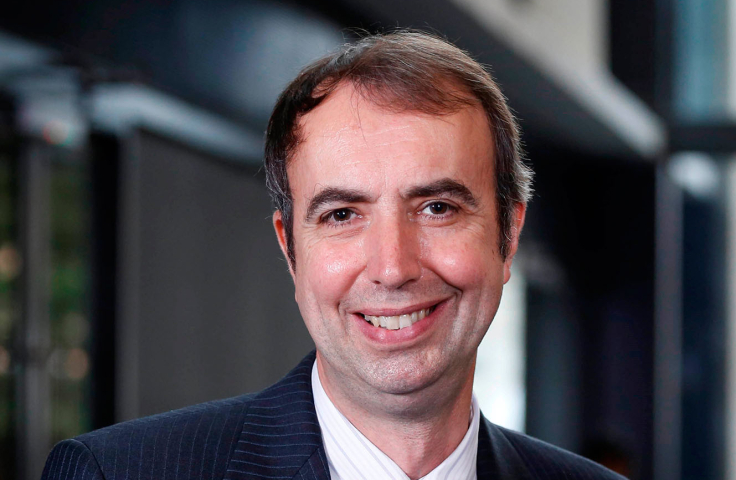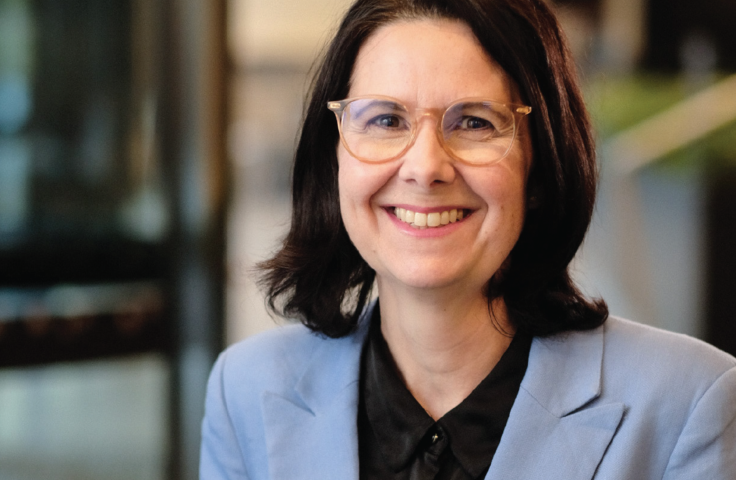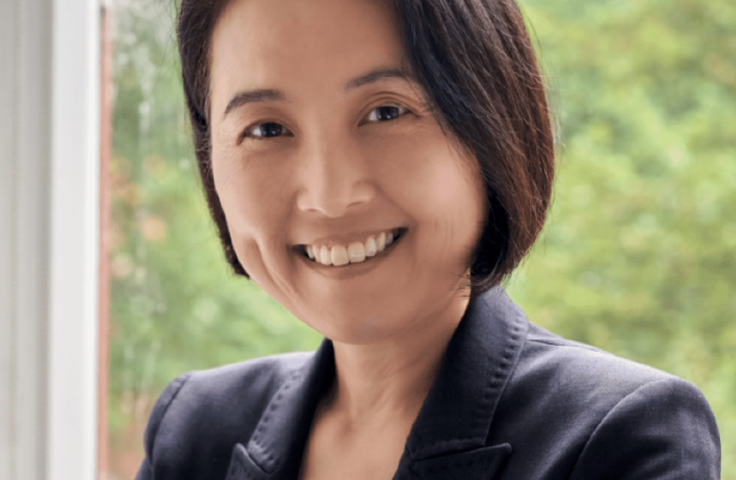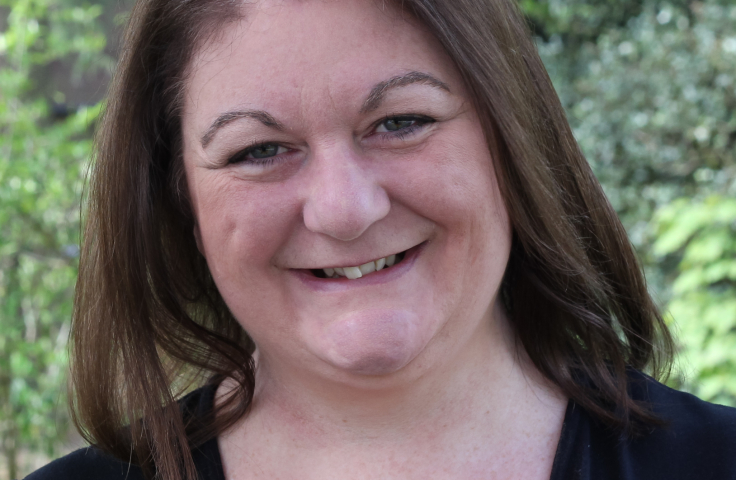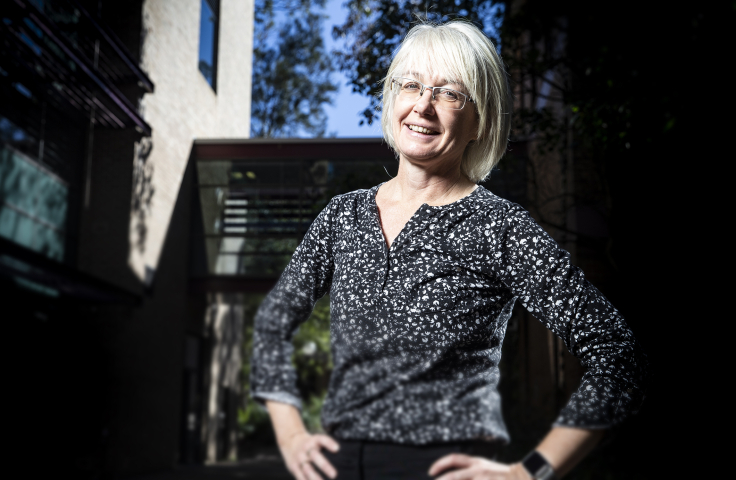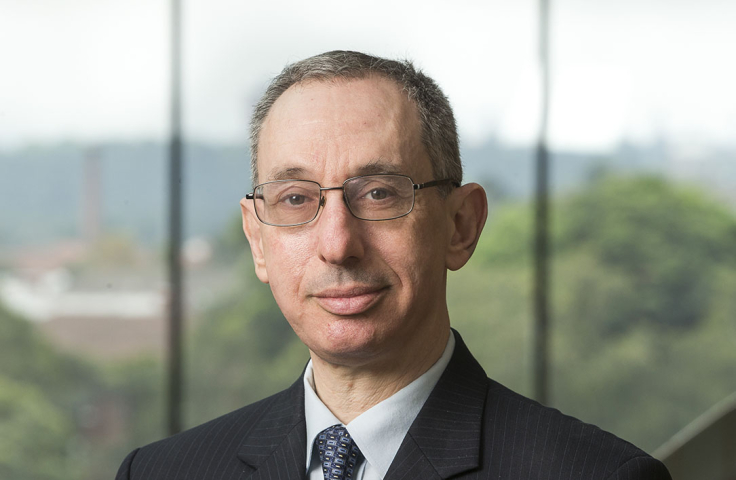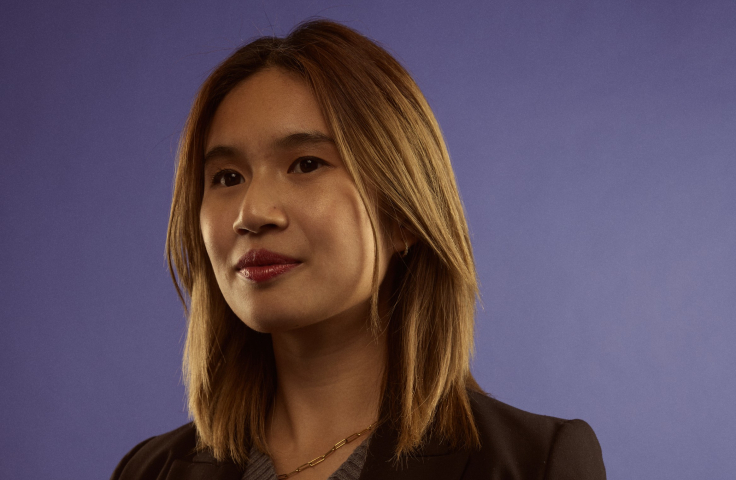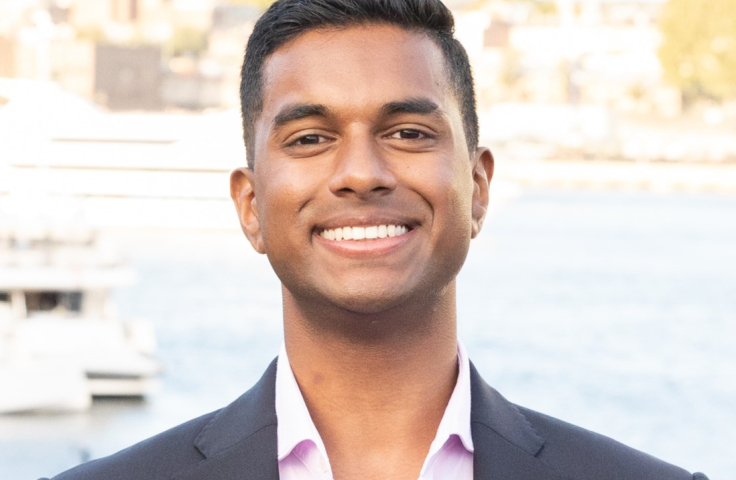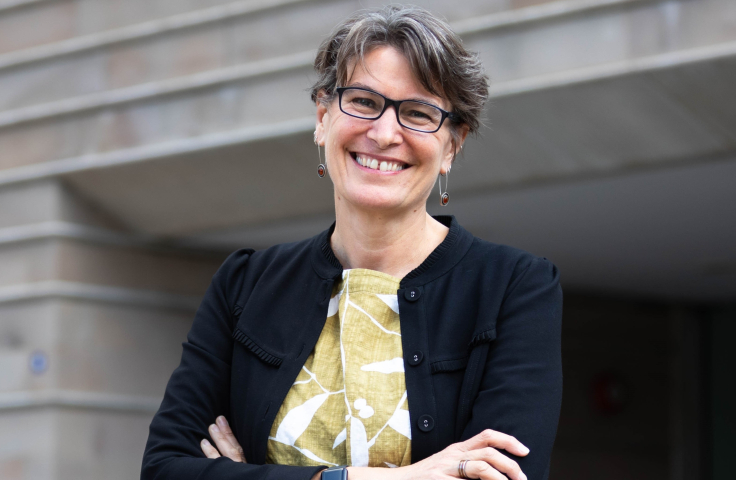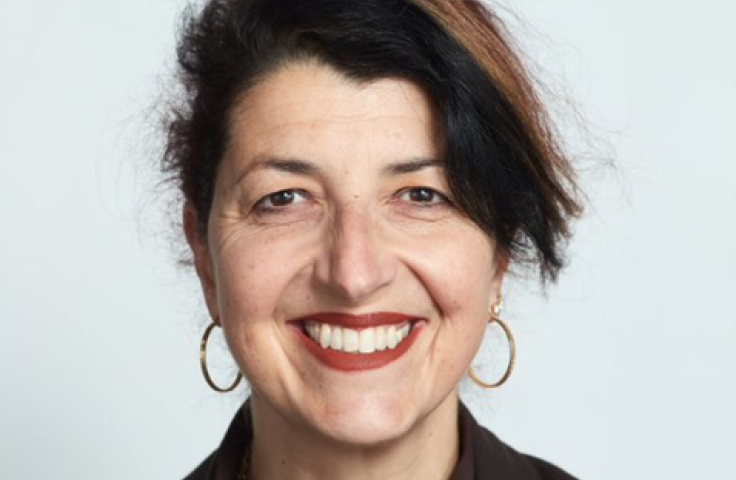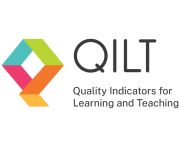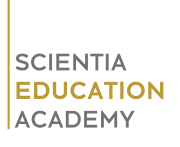This year, the New South Wales Higher Education Summit hosted by our Scientia Education Academy was held in conjunction with UNSW’s inaugural Quality Indicators for Learning and Teaching (QILT) Symposium. The events brought together higher education leaders, policymakers, academics and practitioners to discuss important current themes of student experience, voices, wellbeing and belonging. Scroll down to watch the recordings.
Watch the QILT Symposium
For specific presentations within the video, click on the time-stamped recording links:
- Celebration of importance of QILT in Australia by Ben Rimmer
- Optimising QILT to enhance the student experience and success by Lisa Bolton
- Harnessing data on student evaluation by Professor Richard O’Donovan
- Student Voices – Student Panel Discussion
- Unpacking Qualitative Feedback to Drive Change by Professor Kris Ryan
NSW Higher Education Summit
For specific presentations within the video, click on the time-stamped recording links:
- What shapes student wellbeing? Insights from recent research by Professor Chi Baik
- Wellbeing and belonging for all: Insights from student complaints by Sarah Bendall
- Fostering our students’ sense of belonging and wellbeing – Panel Discussion
